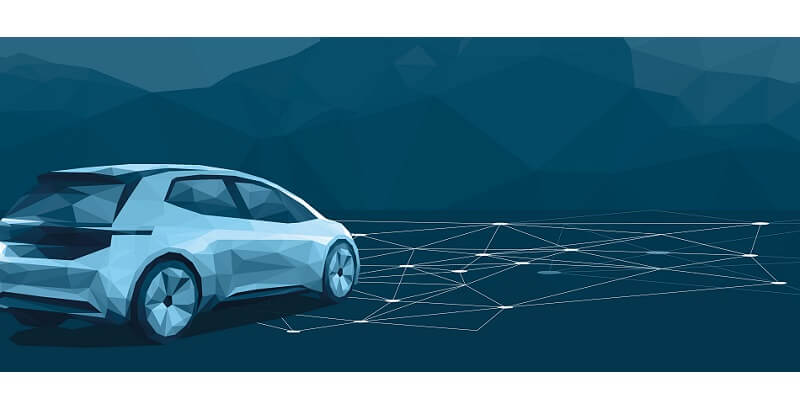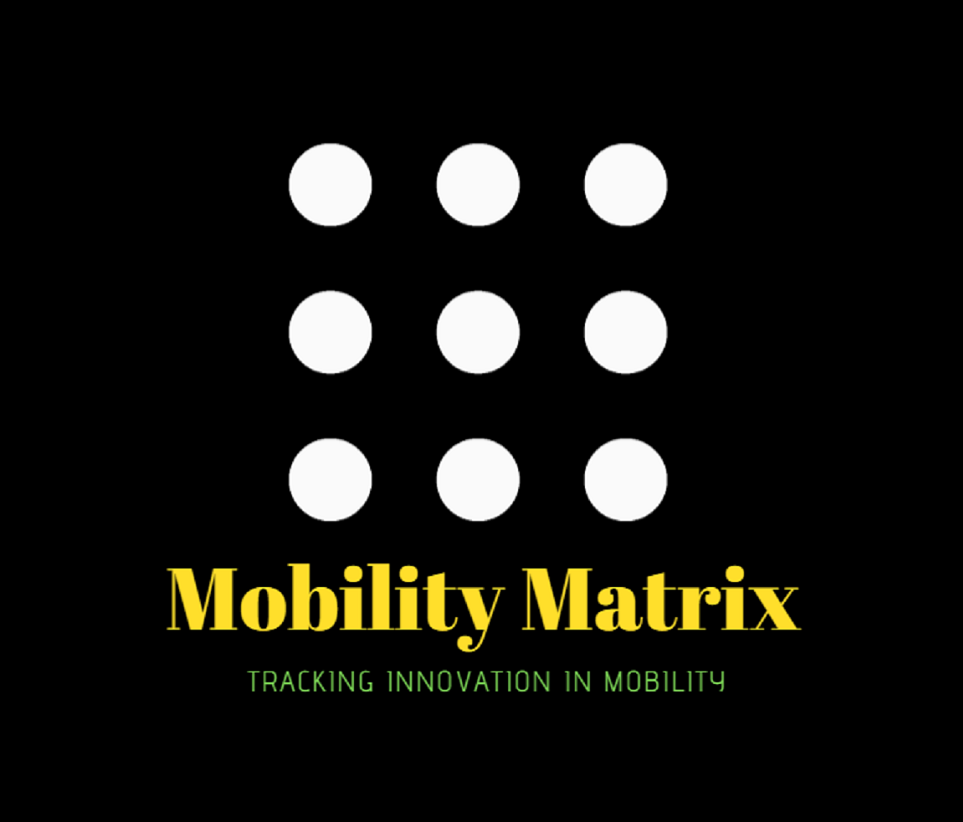
These are the news that made headlines this week in the field of Autonomous Vehicles, Connected Vehicles, Micromobility, Clean Mobility, India, and Research:
Uber sells self-driving car unit to Aurora Technologies
Uber is selling its autonomous car subsidiary to start-up Aurora Technologies. Acquiring Uber’s self-driving unit, Advanced Technologies Group (ATG) will accelerate Aurora in its mission to deliver its first product. The acquisition will also strengthen and accelerate the first Aurora Driver applications for heavy-duty trucks while allowing us to continue and accelerate our work on light-vehicle products. It is known that after a deadly crash in Arizona in 2018 Uber’s self-driving car programme had met with setbacks which finally led to the decision.
Toyota launches Kinto Europe
Kinto Europe, a joint venture between Toyota Motor Europe (TME) and Toyota Financial Services (TFS) is to be launched in April 2021. Based in Cologn, the new business will manage Kinto mobility services across the region, supporting its progress from a mobility project to a mobility company. Toyota’s European retailer network to play a crucial role in the delivery of new mobility services, alongside their traditional vehicle sales and repair operations
QuantumScape working on battery that charges to 80% in 15 minutes
QuantumScape recently released testing results for its solid-state lithium metal batteries. According to which, the batteries of the company would allow drivers to charge their electric cars to 80% of their full capacity within just fifteen minutes. The company said that the batteries should last around 12 years in normal use in a vehicle with a 300-mile range or better. It also expects its batteries to perform well even in sub-zero temperatures.
Waymo to open testing site in Ohio
Waymo is to open a new testing site in Ohio for its driverless cars. The company will work on motion control testing, heavy-duty truck testing and testing in varying weather conditions, at the new site being built at the Transportation Research Center near Columbus. The site will have various types of terrain, including hills, along with dense, urban environments for the testing.
The BMW accelerate Data-Driven Innovation Group with AWS Team Up
BMW Group to further accelerate its pace of innovation by placing data and analytics at the center of its decision-making has announced a comprehensive strategic collaboration with Amazon Web Services (AWS). The companies will combine their strengths to jointly develop cloud-enabled solutions that increase efficiency, performance, and sustainability across every aspect of the automotive life cycle, from vehicle design to after-sales services.
CNXMotion develops Brake-to-Steer Technology
Leveraging technology building blocks from its parent companies Nexteer Automotive and Continental, CNXMotion has announced Brake-to-Steer (BtS). The technology provides driver safety through an additional layer of directional control for highly automated and autonomous vehicles.
In highly automated vehicle applications, steering systems feature multiple protective layers to ensure the steering safety net is always on. In addition, BtS adds yet another layer by using the electronic brake system to safely steer the vehicle while simultaneously controlling its speed. In a fully autonomous vehicle with no steering wheel present, BtS negotiates a commanded path until a safe pull-over can be achieved.
TuSimple raises $350M
TuSimple, self-driving trucks startup, recently raised a $350 million in a funding round that was participated by a diverse pool of strategic investors like VectoIQ LLC, Goodyear, Union Pacific, CN Rail, freight company U.S. Xpress and retailer Kroger. The existing investors Volkswagen AG’s heavy-truck business The Traton Group and Navistar also participated. (Last month, Traton, which already held a 16.6% stake in Navistar, agreed to acquire its remaining shares.) TuSimple is one of the first autonomous trucking startups that has diversified its customer and investor base.
Siemens Energy working on developing “Green Fuel”
Siemens Energy is working on an integrated, commercial, industrial-scale plant for making synthetic climate-neutral fuels (e-fuels). The company is joined by sports car maker Porsche and a lineup of international companies in this effort. The pilot project to be developed and implemented in Chile involves production of around 130,000 liters of e-fuels as early as 2022. In two further phases, capacity is then to be increased to about 55 million liters of e-fuels a year by 2024, and around 550 million liters of e-fuels by 2026. Porsche will be the primary customer for the green fuel.
Toyota Makes working to accelerate the Hydrogen Society
Toyota Motor Europe (TME) has established a Fuel Cell Business Group to oversee its hydrogen activities across the region. Based in Brussels, it will strengthen the business case for hydrogen and support its introduction into mobility and other fields, making it accessible to new commercial partners. This will support the company’s long-term sustainability strategy, in order to have a deeper impact on the SDGs.
Toyota expects its fuel cell business volume to increase 10-fold in the short term and with fast-expanding interest and investment in hydrogen fuel cell technology, low carbon benefits can be realised in a wide range of applications.
Rivian is building its own EV charging network
Electric automaker, Rivian, as it prepares for the first deliveries of its R1T pickup truck and R1S sport utility vehicle, is also working to build out a network of electric vehicle charging stations throughout the United States. According to the news reports, the network will include fast-chargers located along interstates. The same strategy was employed by Tesla and Electrify America.
Recurrent raises USD 3.5 million
Recurrent, a Seattle-based startup focused on electric vehicles, has closed on $3.5 million in financing as it looks to become the Carfax for electric vehicle batteries.
The company that is known to offer third-party reports on the battery life and range of used EVs to help car buyers with their purchase decision will use the money to invest in continued product development as it refines its third-party condition reports for used electric vehicle shoppers and battery analytics stats for current electric vehicle owners.
Investors that participated in the funding included Wireframe Ventures, PSL Ventures, Vulcan Capital, Prelude Ventures, Powerhouse Ventures, Ascend.VC and the American Automobile Association’s (AAA) Washington chapter.
TVS Motor acquires Intellicar
India based two-wheeler maker TVS Motor Company has acquired Intellicar Telematics Private Ltd for ₹15 crore, according to news reports. The Bengaluru-based start-up is known to be a provider an integrated IoT (Internet of Things) solution with fleet tracking and predictive maintenance solutions for a wide range of vehicle types. The acquisition process is expected to be completed by the end of this month.
Tata Motors delivers 26 e-buses to BEST
Tata Motors recently delivered 26 state-of-the-art electric buses to Brihanmumbai Electric Supply and Transport (BEST). The automaker said the e-buses are the first 26 of the 340 electric buses ordered for the city of Mumbai under the government of India’s FAME II initiative. The buses have been specially designed keeping the comfort and convenience of Mumbaikars, including a lift mechanism for differently-abled travellers.
(Based on News Reports and Press Releases )
